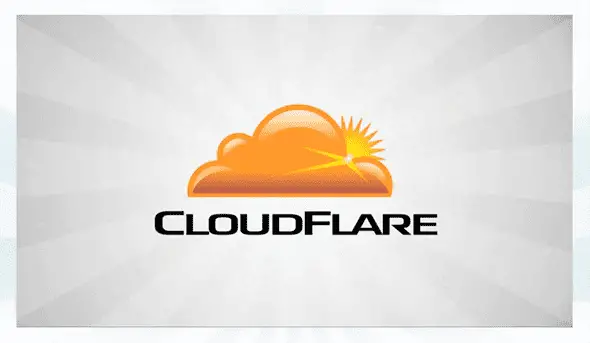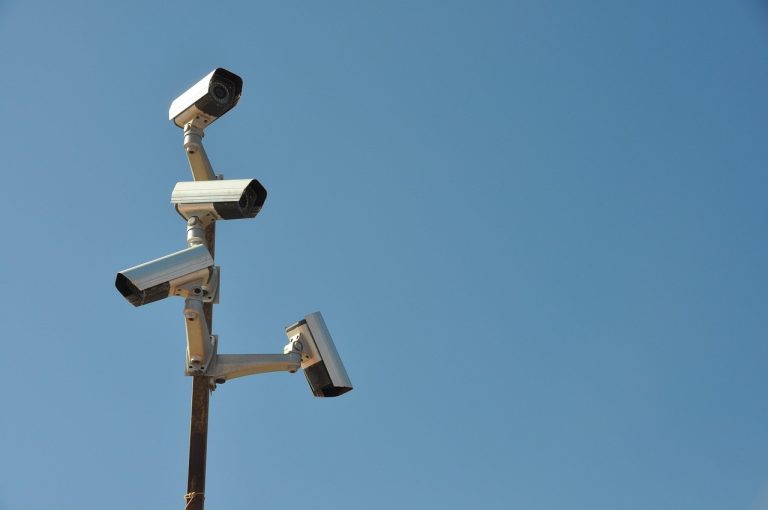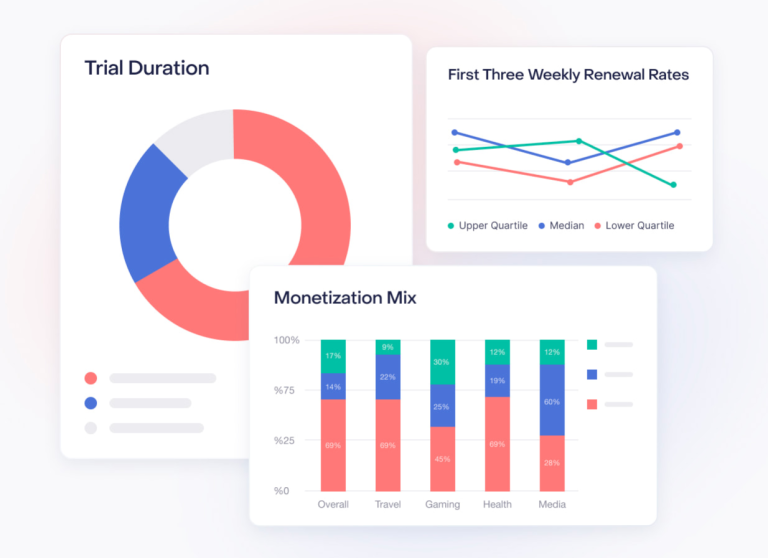
For over a week, customers of Spanish internet providers Movistar and DIGI have been experiencing severe access issues affecting numerous online resources. Users report an inability to load various websites that rely on Cloudflare services, while testing via mobile networks has revealed no disruptions.
Cybersecurity experts determined that the access issues stem from connectivity failures to specific Cloudflare IP addresses. System administrator @jaumepons conducted an extensive investigation, performing traceroutes from 230 different locations across Spain, which confirmed significant connection problems for Movistar (AS3352) and DIGI users.
Throughout the entire outage period, internet providers remained silent, offering no official statements regarding the cause of the disruptions or an estimated resolution timeline. Unconfirmed reports suggest that some affected users were offered additional mobile data as compensation to access blocked resources.
Coinciding with these network failures, LaLiga announced the successful “deactivation” of the pirate streaming platform DuckVision. According to data.ai, the service had amassed over 200,000 users in Spain by January 2025. LaLiga further accused Cloudflare of deliberately shielding criminal organizations for financial gain.
Following increasing public concern, the Spanish tech publication Xataka reached out to telecom companies for official comments on the connectivity problems plaguing Movistar customers. Initially, Telefónica, Movistar, and DIGI declined to provide explanations, but they later released official statements.
All three confirmed that their actions were taken in compliance with court orders mandating the blocking of illegal content, notably using strikingly similar language in their responses.
Cloudflare issued a detailed response, highlighting the risks of indiscriminate IP blocking. The company emphasized that a single Cloudflare IP address may host thousands of unrelated domains, meaning that broad blocking measures inadvertently disrupt access to numerous legitimate websites.
Cloudflare also noted that other European nations have recognized such blocking practices as violations of net neutrality principles, further questioning Spain’s approach to content regulation.
LaLiga justified the Cloudflare IP restrictions by claiming that the primary target was a single webpage containing download instructions for the DuckVision Android app. However, technical experts argue that blocking entire Cloudflare IP ranges in an attempt to restrict access to a single webpage resulted in widespread collateral damage, making countless legal websites inaccessible.
The situation is further complicated by Movistar’s commercial relationship with LaLiga—the company is an official broadcasting rights holder for league matches. Yet, despite this affiliation, Movistar was compelled to enforce the blocks on its own customers, leading to a surge in user dissatisfaction.
LaLiga’s actions may attract the attention of the European Commission, as the large-scale IP blocking has infringed upon millions of users’ rights to access legitimate online resources.
Cloudflare underscored in its statement that LaLiga proceeded with these measures despite being fully aware of the negative consequences for ordinary users. The ongoing controversy raises serious questions about the balance between copyright enforcement and digital rights, setting a precedent that could shape future internet regulations in Spain and beyond.


